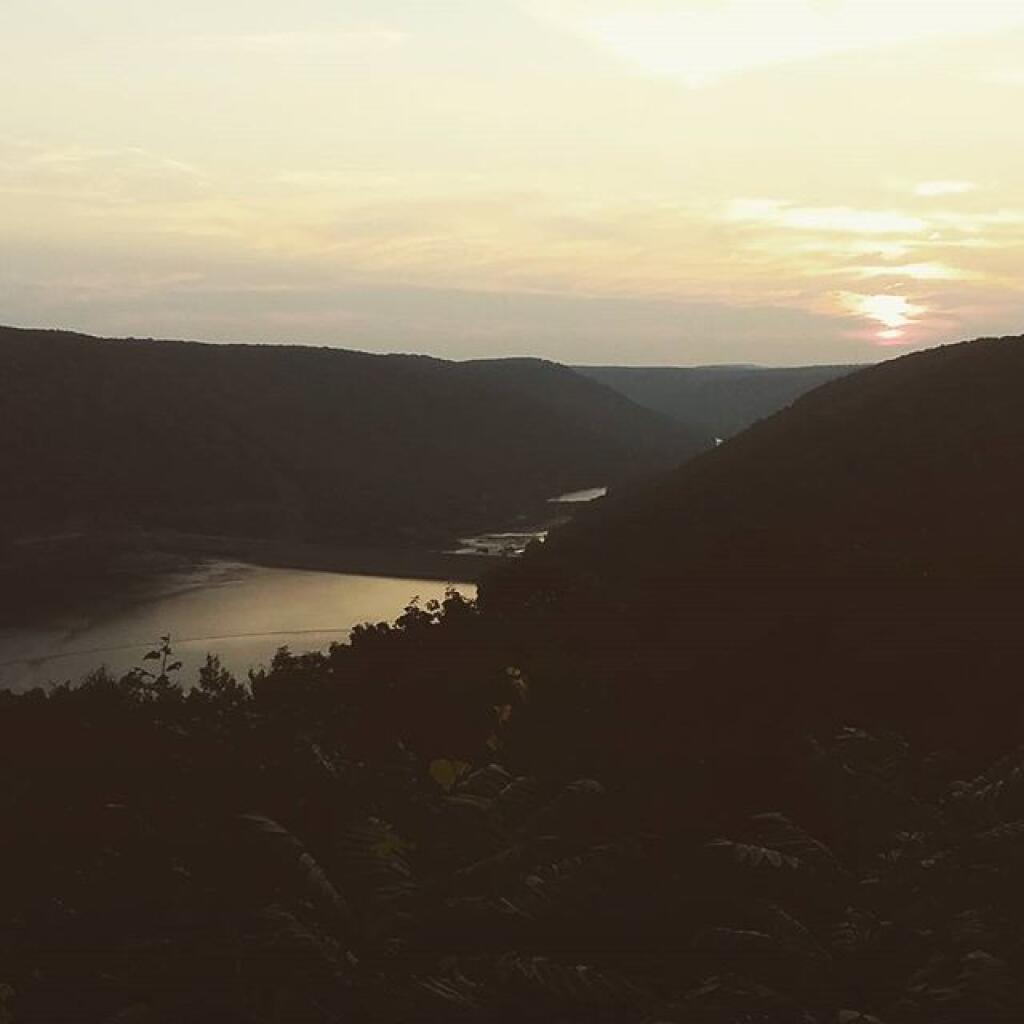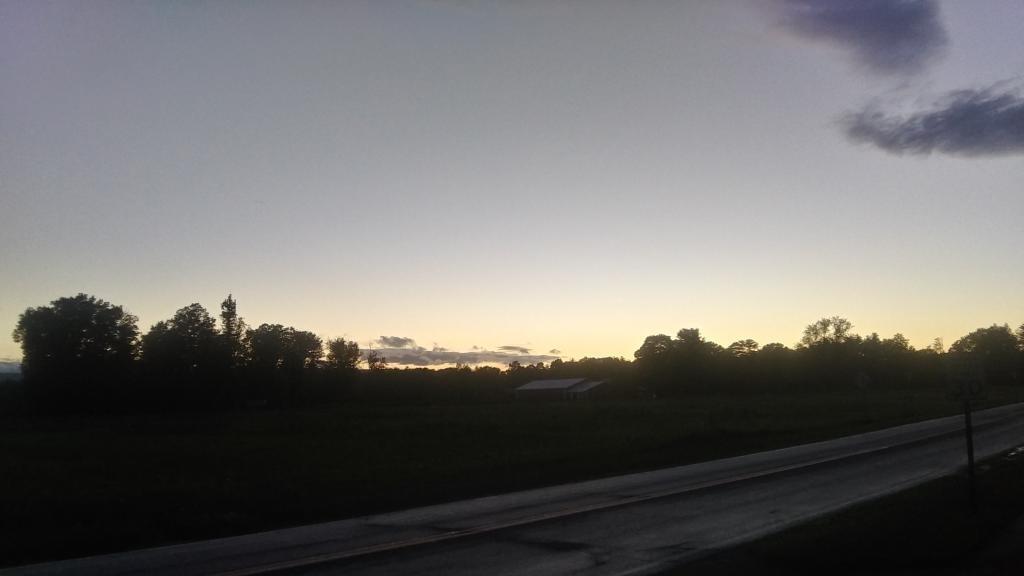How to watch the Perseids, the best meteor shower of the year – CBS News
Summer 2020 has brought with it the spectacular comet Neowise, the visibility of five planets and a full moon at once and a number of breathtaking meteor showers. But it saved the best for last — the Perseids meteor shower peaks next week, and it'll be the best one all year.
What we train our police to do — and what they actually do – Vox
Richard Nixon called police forces “the real front-line soldiers in the war on crime.” Bill Clinton, in his signing ceremony for the 1994 crime bill, called them “the brave men and women who put their lives on the line for us every day.” In 2018, Donald Trump described their job as follows: “Every day, our police officers race into darkened alleys and deserted streets, and onto the doorsteps of the most hardened criminals … the worst of humanity.”
For decades, the warrior cop has been the popular image of police in America, reinforced by TV shows, movies, media, police recruitment videos, police leaders, and public officials.
This image is largely misleading. Police do fight crime, to be sure — but they are mainly called upon to be social workers, conflict mediators, traffic directors, mental health counselors, detailed report writers, neighborhood patrollers, and low-level law enforcers, sometimes all in the span of a single shift. In fact, the overwhelming majority of officers spend only a small fraction of their time responding to violent crime.
However, the institution of policing in America does not reflect that reality. We prepare police officers for a job we imagine them to have rather than the role they actually perform. Police are hired disproportionately from the military, trained in military-style academies that focus largely on the deployment of force and law, and equipped with lethal weapons at all times, and they operate within a culture that takes pride in warriorship, combat, and violence.
Thousands of Households Have Received Mysterious Seed Packages. Every State Warns Against Planting Them. – Daily Yonder
In the last few days, thousands of packages of seeds have been mailed nationwide, according to Midwest Center’s review of 50 states’ agricultural agencies’ statements and local news reports.
More than 800 packages have been sent to residents in Florida as of Wednesday, according to a local news channel WFLA.
Virginia Department of Agriculture had received over 900 emails and several hundred telephone calls from people as of Monday, according to The New York Times.
The Idaho Department of Agriculture said in a statement on Monday that it had received approximately 20 calls or emails from people who had reported receiving such seeds in the mail.
As the number of reports of receiving such packages continue to grow, several states had referred to the volumes of their received reports as “multiple,” “numerous,” “several,” and “many.”
In some states, people have reported receiving similar seeds from countries other than China. Iowa Secretary of Agriculture Mike Naig confirmed on Tuesday that the Iowans have received unsolicited seed shipments from China and other countries.
Lessons in the Decline of Democracy From the Ruined Roman Republic
Aspects of our modern politics reminded University of California San Diego historian Edward Watts of the last century of the Roman Republic, roughly 130 B.C. to 27 B.C. That’s why he took a fresh look at the period in his 2018 book Mortal Republic: How Rome Fell Into Tyranny. Watts chronicles the ways the republic, with a population once devoted to national service and personal honor, was torn to shreds by growing wealth inequality, partisan gridlock, political violence and pandering politicians, and argues that the people of Rome chose to let their democracy die by not protecting their political institutions, eventually turning to the perceived stability of an emperor instead of facing the continued violence of an unstable and degraded republic. Political messaging during the 2018 midterm elections hinged on many of these exact topics.
Though he does not directly compare and contrast Rome with the United States, Watts says that what took place in Rome is a lesson for all modern republics. “Above all else, the Roman Republic teaches the citizens of its modern descendants the incredible dangers that come along with condoning political obstruction and courting political violence,” he writes. “Roman history could not more clearly show that, when citizens look away as their leaders engage in these corrosive behaviors, their republic is in mortal danger.”
Evening walk
After the storm came and went it became a very nice evening.
Taken on Tuesday August 4, 2020 at Delmar, New York.

